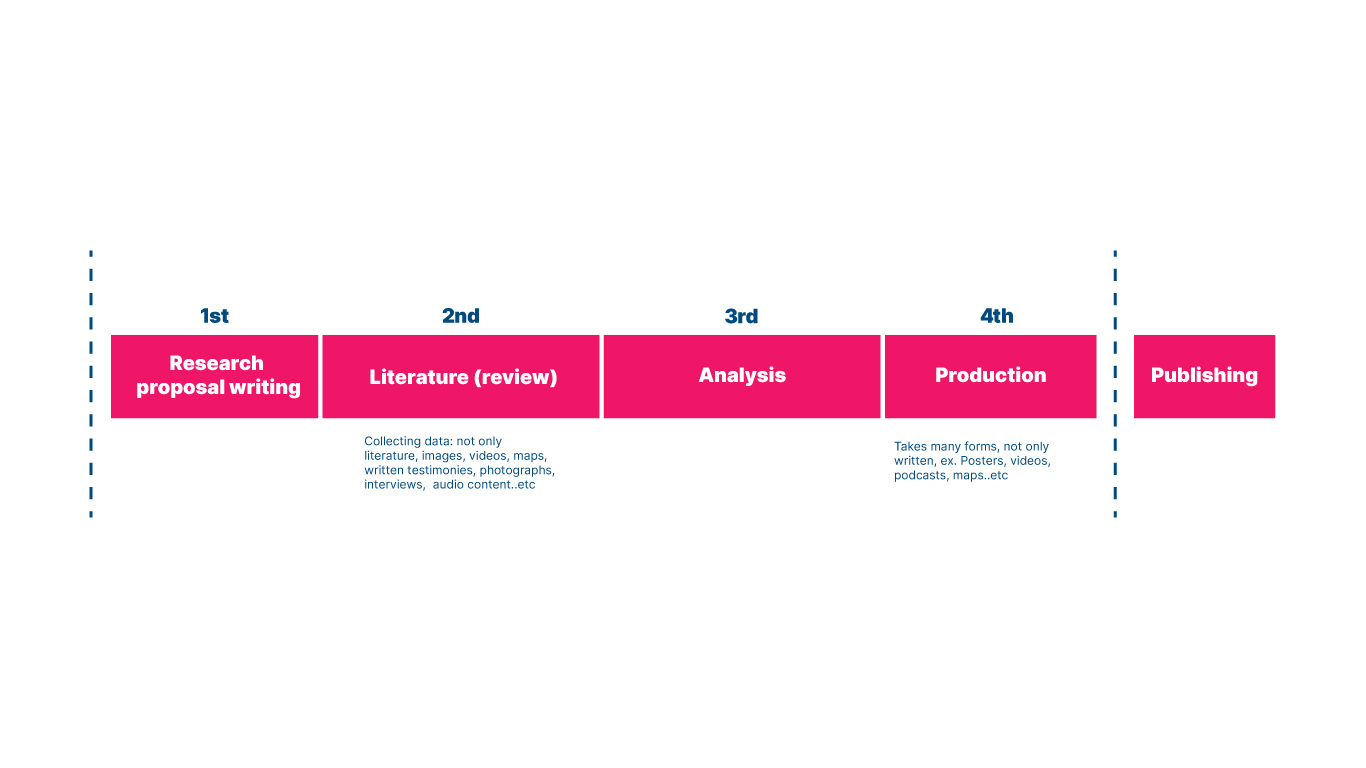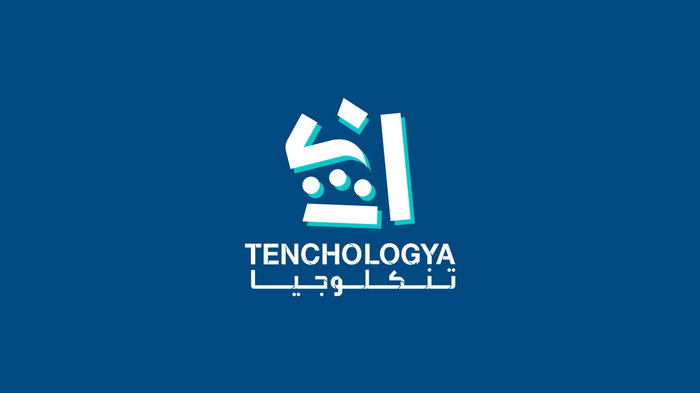What is research? Have you done it before?
If we google research definition, we find: research is the systematic study of materials and sources to establish facts and reach new conclusions. What does that mean? In this blog, we explain the basics of academic research, including the processes of research conduction, in simple terms and practical steps!
We can say scientific research is what we do to understand the world around us. Researchers base their research on existing academic and practical knowledge generated by other researchers on the same topic and in a similar context to their area of study. Before we dwell on the research process, let's familiarize with the following distinctions.
Important Distinctions and Terminologies for You!
As a starter, people usually use the terms research and search interchangeably as if they are the same. However, scientific research and search are two different processes! Scientific research is a structured investigation done in a monitored way, while a search, for instance, a typical web engine search with google, is the process of finding something already there. Its results could be a piece of information, a product, or even a service. So, searching could be random and quick, taking a relatively short time.
We live in a world where data are not only text or literature anymore, but other types, such as statistics, images, videos, and audio materials, exist. In research, our data formats vary, requiring naturally different approaches or methodologies. A research methodology is a procedure for collecting and analyzing data; it is more of a tool. To decide on a research method/s, ask: what type of data will you need to answer your research question? How will you collect it? Also, how will you analyze it?
There are two well-known research methods: the quantitative and the qualitative approach. The quantitative approach deals with numerical data and statistical analysis, while the qualitative approach is used when the data are ideas, concepts, and beliefs. There are no rules that tell you should adopt only one method.
The Research Process
The scientific research process has four standardized steps: writing the research proposal, collecting data, analyzing data, and producing the outcomes. The proposal is your plan that engineers the whole research, including the research topic, objectives, question, chosen methodologies, and timeframes. A research proposal should be organized, by following a systematic approach, feasible in time and resources, and relevant to existing knowledge.

Writing a research proposal is fundamental. It usually takes a researcher considerable effort to formulate one. But, no worries! Here are the steps to win this. First, choose a problem or a topic of interest to you, break it into sub-topics, and choose one as a research topic, then review academic knowledge on it to know what is already known and what requires further investigation! After that, decided on the research objectives and research question. To take an example, if your research topic was about (x) trends, an objective might be: to explain why (x) is trending.
Be mindful to your position in the world!
The next step is to make peace with your internalized bias! Even though research is a reliable process to produce knowledge, researchers’ perspectives influence it. A researcher's “positionality”— a word that describes the intersection of identities they embody, such as class, race, gender, education... etc— comes to form their world outlook and, by default, their interpretations of data. For example, we might misunderstand a topic or community we are researching because it is possible to make assumptions about a positionality you never embodied!
To make this simpler, let's say you are a man who lives in Khartoum, intending to do research on describing the living circumstances of women refugees in South Sudan. At the same time, a South Sudanese woman from Juba is researching the same topic. Now, because both researchers have different “positionalities," your research outcomes will possibly differ. It is okay to carry on the research as long as you acknowledge that.
Research with Ethics
While learning about research basics, be aware of research ethics! It revolves around three concepts: authorship, copyright, and plagiarism. As the author of any creative or literal work, you have rights known as copyrights, including the right to distribute the work. Plagiarism is taking someone else's work and copying it without any credit to the original author. It is stealing intellectual property and benefiting from it. Avoid plagiarism and be scared of it! Update your references list and put quotation marks when it is necessary. If you were caught with a plagiarized work, your credibility as a researcher might get withdrawn.
Don't worry when getting lost, you will find your way back!
Research is a long process, and you might feel lost or drained during it. The trick is to keep a side note! There, you write everything you think while conducting your research. Then revisit it when you are experiencing these feelings. We hope the note helps keep you grounded in your train of thought.
This way research can get more enjoyable for you!







